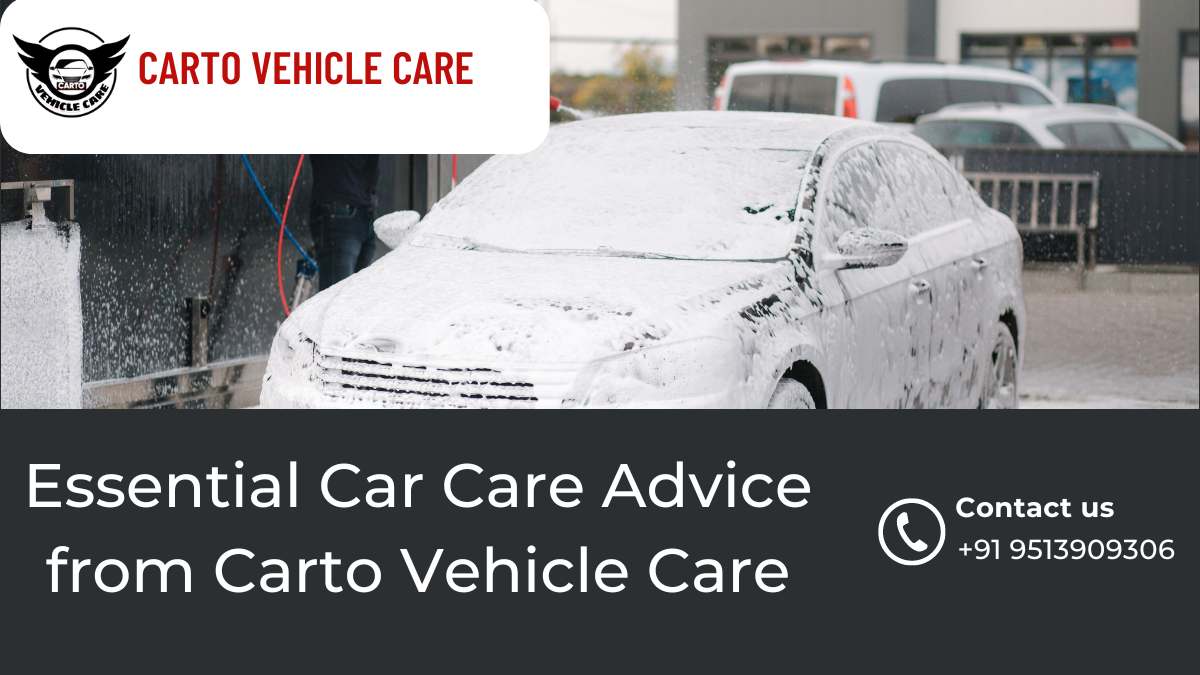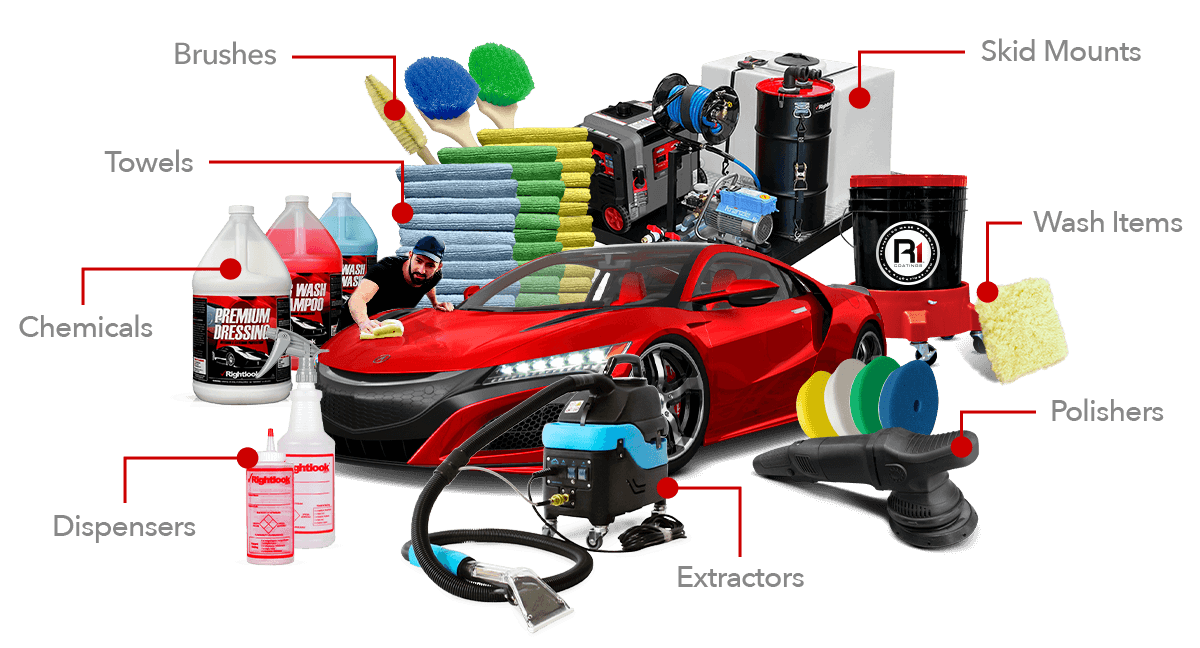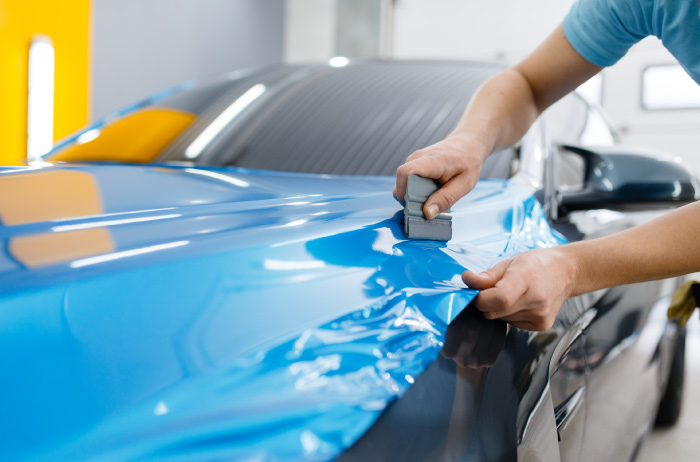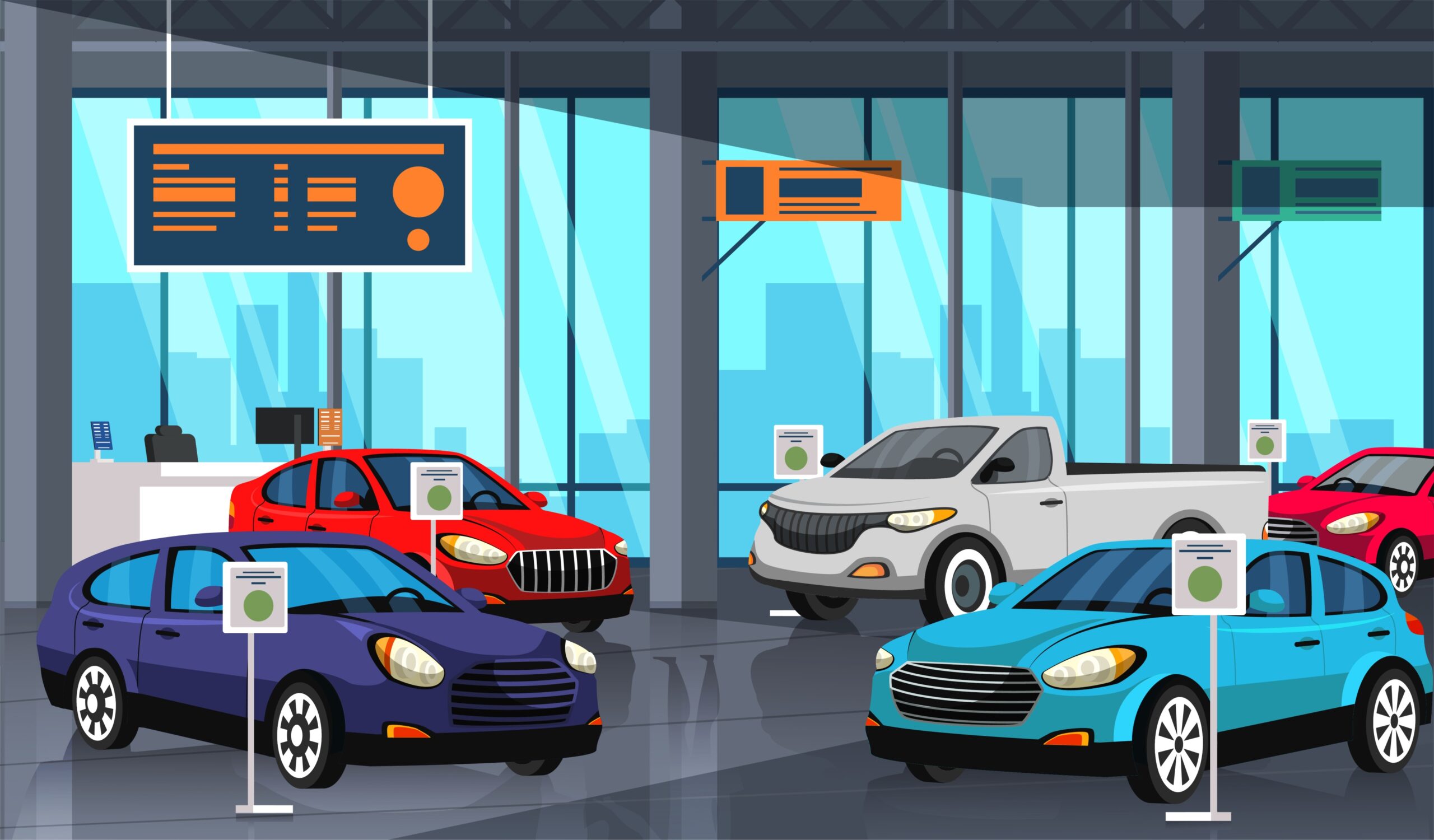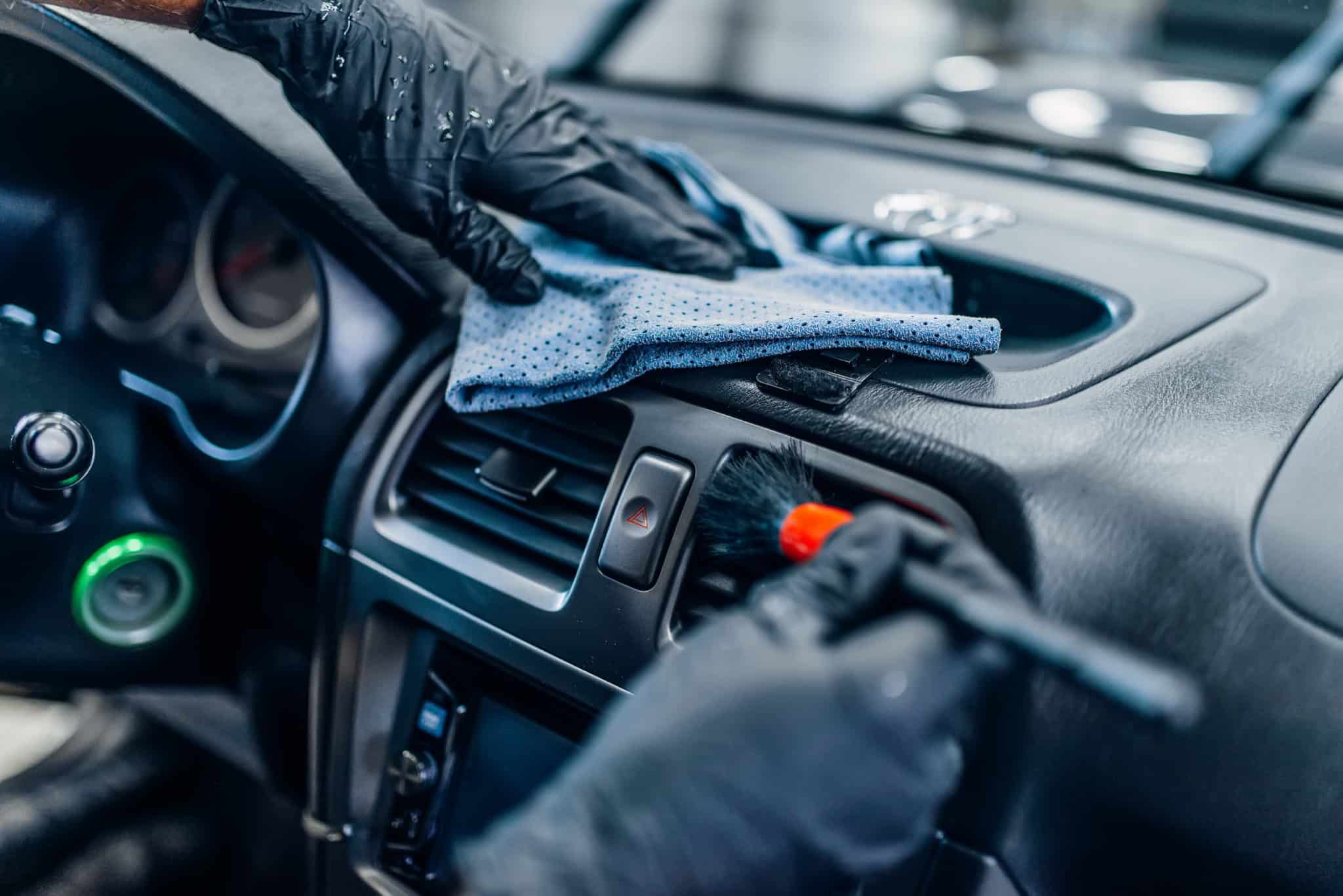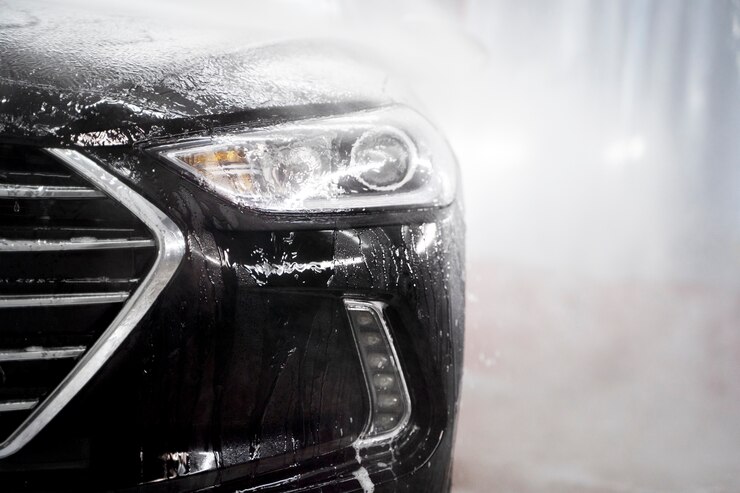Car Care Advice from Carto Vehicle Care: Looking after your car is important to keep it running well and lasting a long time. With Carto Vehicle Care, you get an easy guide to help you take care of your car. Here are some basic tips and tricks for car maintenance.
Regular maintenance is key to a healthy car. Check the oil, tire pressure, and brakes often. Clean the car inside and out to prevent rust and keep it looking good. Follow these simple steps with Carto Vehicle Care to keep your car in top shape.
Table of Contents
Introduction to Car Maintenance
Taking care of your car means doing regular check-ups and maintenance tasks. These things help keep your vehicle safe, efficient, and reliable. When you follow the Carto Vehicle Care guidelines, you can avoid sudden breakdowns and costly repairs. It’s important to check things like oil, brakes, and tires regularly. This way, you catch any problems early before they get worse. Simple tasks like these can save you money and keep your car running smoothly. Remember, taking care of your car is like taking care of yourself—you want to keep everything in good shape to avoid problems down the road.
Basic Car Maintenance
Regular Oil Changes
Why Oil Changes Matter: Oil is like the lifeblood of your engine. It keeps everything moving smoothly, reduces rubbing, and even cools down the engine. As time passes, though, the oil starts to wear out and doesn’t work as well.
Imagine your engine is like a body that needs blood to stay healthy. The oil acts like that blood, making sure all the parts can move without problems. It also stops them from getting too hot. But as the engine runs, the oil gets tired and doesn’t do its job as perfectly. That’s why it’s important to change the oil regularly, so your engine stays in great shape and keeps running smoothly for a long time.
How Often to Change Oil: Most new cars need an oil change every 5,000 to 7,500 miles. Check your car’s manual for exact advice.
Changing the Air Filter
Benefits of a Clean Air Filter: A fresh air filter boosts fuel efficiency, improves engine performance, and cuts emissions. It stops dirt and debris from getting into the engine.
Here’s a step-by-step guide to changing your car’s air filter:
- Find the air filter box in your car’s engine bay.
- Open the box and take out the old filter carefully.
- Place the new filter into the box, ensuring it fits snugly.
- Close the box securely to keep the filter in place and prevent dust from entering the engine.
Tire Maintenance
Checking Tire Pressure
Importance of Proper Tire Pressure: Keeping your tire pressure right ensures your car handles well, saves fuel, and makes your tires last longer. If your tires are under-inflated, you might use more fuel and wear them out faster. Over-inflated tires can make your ride uncomfortable and wear unevenly.
How to Check Tire Pressure:
- Use a tire pressure gauge to measure.
- Check your vehicle’s manual for the recommended pressure.
- Add or release air to match the recommended pressure.
Rotating Tires
Rotating your tires regularly helps them wear evenly, making them last longer and keeping you safer on the road. It also helps your car use fuel more efficiently and gives you a smoother driving experience.
To rotate your tires, do it every 5,000 to 10,000 miles. Follow the pattern in your car’s manual or use a common one: move front tires to the back and back tires to the front, crossing them over if needed.
Fluid Checks and Changes
Transmission fluid is crucial for keeping your transmission running smoothly. It helps lubricate the internal parts, ensuring that gear shifts are seamless and preventing the transmission from getting too hot. Over time, the fluid can wear out and become less effective. It’s important to check your transmission fluid every 30,000 miles or as your vehicle’s manual suggests. If the fluid looks dark or smells burnt, it’s a sign that it needs to be changed.
Coolant Levels
Coolant, also known as antifreeze, is essential for keeping your engine at the right temperature and protecting it from both overheating and freezing. It also prevents rust and corrosion. When checking or adding coolant, make sure your engine has cooled down first. Look at the marks on the coolant reservoir to see if the level is correct. If it’s low, add more coolant. It’s recommended to replace the coolant every 30,000 miles or according to your car’s manufacturer guidelines.
Battery Maintenance
If your car battery is acting up, watch out for signs like a slow engine start, dim lights, or electrical glitches. Checking your battery regularly is key to keeping it healthy. You can test its voltage with a multimeter; a good battery typically reads between 12.4 and 12.7 volts. It’s also important to clean the battery terminals. Start by disconnecting the cables, then use a mix of baking soda and water to scrub the terminals clean. Finally, reconnect the cables tightly to ensure a strong connection and avoid starting problems.
Brake Maintenance
Ensuring your brakes are in top shape is crucial for your safety. Regular inspections help prevent brake issues and ensure your car stops effectively. To check for wear, listen for squeaks or grinding sounds and visually examine the brake pads and rotors. Replace thin pads and scored rotors promptly to maintain braking efficiency. Brake fluid plays a key role in transferring foot pressure to the brakes, but over time, it can lose effectiveness as it absorbs moisture. It’s recommended to change your brake fluid every two years or as advised in your vehicle’s manual to maintain optimal performance.
DIY vs Professional Maintenance
Some jobs are easy to do yourself, like swapping out the air filter, checking oil levels, and rotating tires. All you need are basic tools and a bit of knowledge. However, for more complicated tasks such as fixing transmissions, dealing with complex electrical problems, or major engine repairs, it’s best to seek help from trained mechanics. These jobs need special tools and expertise that professionals are equipped with.
Seasonal Maintenance Tips
Getting Your Car Ready for Winter: Before the cold sets in, make sure your car is prepared. Check your battery, tires, and antifreeze levels to ensure everything is in good shape. You might also think about using winter tires for better grip on icy roads.
Keeping Your Car in Shape for Summer: When the temperatures rise, it’s important to keep your car cool and running smoothly. Check that your air conditioning works well, monitor coolant levels, and keep an eye on tire pressure, as heat can cause it to change.
Emergency Preparedness
Make sure your car is prepared for emergencies with essential items like a spare tire, jack, jumper cables, first aid kit, emergency blanket, flashlight, and basic tools. If your car breaks down, stay calm, move to a safe spot, and call for help. Keep emergency numbers and your roadside assistance contact info nearby.
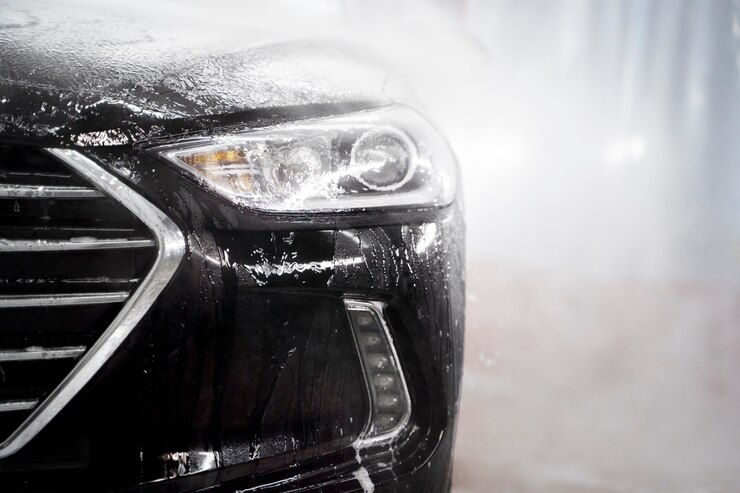
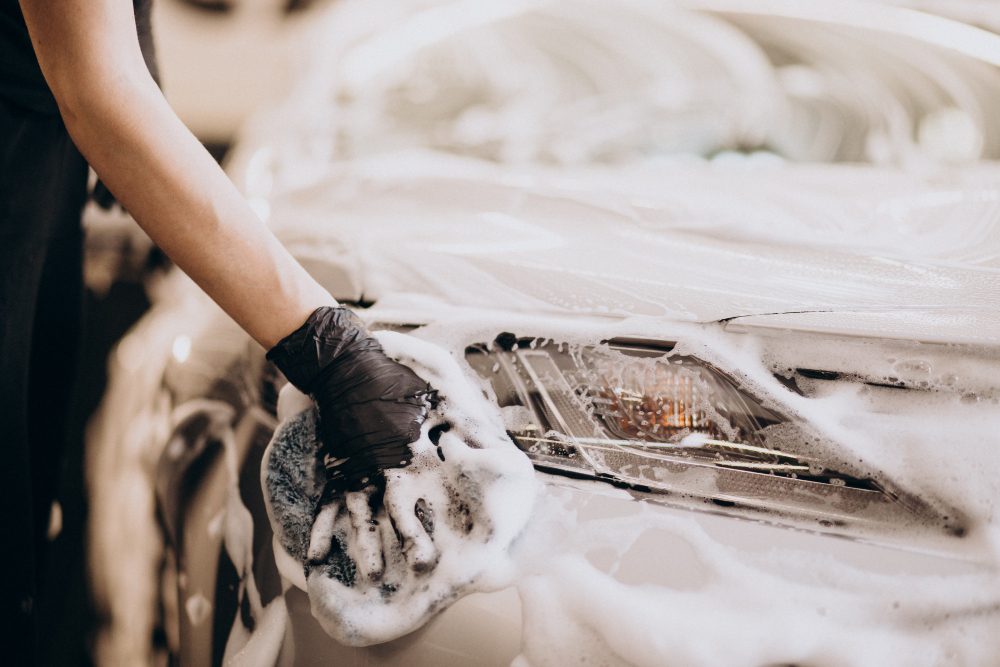
Conclusion
Maintaining your car with Carto Vehicle Care ensures it remains reliable, efficient, and safe. By following these detailed maintenance tips, you can extend the life of your vehicle and enjoy a better driving experience.
Contact Us
For more information or assistance with your car maintenance needs, please contact us:
Phone: +91 9513909306
Email: sales@cartovehiclecare.com
Address: 6/937, Vikas Nagar Rd, beside RLB School, Sector 6, Vikas Nagar, Lucknow, Uttar Pradesh 226022
Website: www.cartovehiclecare.com
FAQs
What is Carto Vehicle Care?
Carto Vehicle Care is a comprehensive guide designed to help car owners take proper care of their vehicles through regular maintenance and simple DIY tasks. The guide covers essential maintenance tasks, including oil changes, tire pressure checks, air filter replacements, and brake inspections, ensuring your car runs smoothly and efficiently.
Why is regular car maintenance important?
Regular maintenance is crucial for keeping your car in good working condition. It helps prevent unexpected breakdowns, extends the life of your vehicle, improves fuel efficiency, and ensures your safety on the road. By following the Carto Vehicle Care guide, you can catch small issues before they become major problems, saving you time and money in the long run.
How often should I change my car’s oil?
Most modern cars require an oil change every 5,000 to 7,500 miles. However, it’s always best to refer to your car’s owner’s manual for specific recommendations. Regular oil changes keep your engine lubricated and running smoothly, preventing excessive wear and tear.
What are the benefits of changing the air filter?
A clean air filter improves your car’s fuel efficiency, enhances engine performance, and reduces emissions. It prevents dirt and debris from entering the engine, ensuring optimal combustion and prolonging the engine’s lifespan. The Carto Vehicle Care guide provides a simple step-by-step process for changing the air filter yourself.
What items should I have in my car for emergencies?
Being prepared for emergencies is crucial. Keep items like a spare tire, jack, jumper cables, first aid kit, emergency blanket, flashlight, and basic tools in your car. If your car breaks down, stay calm, move to a safe spot, and call for help. Keeping emergency numbers and roadside assistance contact information handy is also advisable.
By following these detailed maintenance tips from Carto Vehicle Care, you can extend the life of your vehicle, improve its performance, and enjoy a safer and more reliable driving experience.

